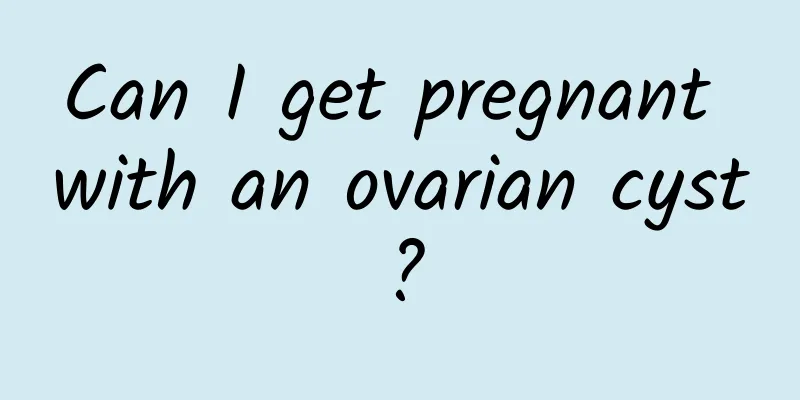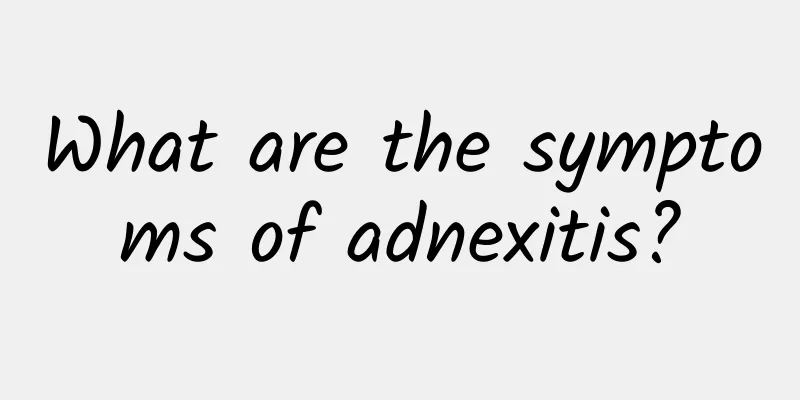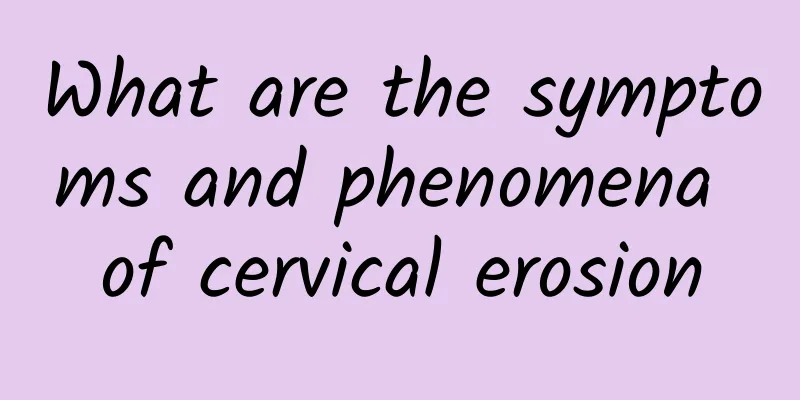Can I get pregnant with an ovarian cyst?

|
Whether or not a patient with an ovarian cyst can become pregnant depends on the type and size of the cyst. Most functional cysts do not affect pregnancy, but pathological cysts may require treatment before pregnancy. Functional cysts usually do not require special treatment, while pathological cysts can be treated with medication, surgery, or assisted reproductive technology. 1. Functional cysts are physiological cysts formed in the ovaries during ovulation, such as follicular cysts and corpus luteum cysts. They usually disappear on their own during the menstrual cycle and will not have a significant impact on pregnancy. This type of cyst does not require special treatment and can be checked regularly. 2. Pathological cysts include endometriosis cysts and teratomas, which may affect ovarian function or cause fallopian tube obstruction, thereby reducing the chance of pregnancy. For this type of cyst, the treatment plan should be selected according to the specific situation. Drug treatment such as oral contraceptives and gonadotropin-releasing hormone agonists can inhibit cyst growth; surgical treatment such as laparoscopic cyst removal can preserve ovarian function; for severe cases, assisted reproductive technology such as in vitro fertilization can be considered. 3. Polycystic ovary syndrome PCOS is a common pathological cyst, which manifests as polycystic ovarian changes, ovulation disorders and abnormal hormone levels. Treatment includes lifestyle adjustments such as weight control and a balanced diet, drug therapy such as metformin, ovulation-inducing drugs, and surgery such as ovarian drilling. 4. Patients with ovarian cysts should undergo detailed examinations before preparing for pregnancy, including ultrasound and hormone level testing, to clarify the nature of the cyst. For cysts that require treatment, they should complete the treatment under the guidance of a doctor before preparing for pregnancy to increase the success rate of pregnancy and reduce the risk of pregnancy. Whether patients with ovarian cysts can become pregnant needs to be comprehensively judged based on the type of cyst and individual conditions. Functional cysts usually do not affect pregnancy, and pathological cysts need to be treated before preparing for pregnancy. It is recommended to conduct detailed examinations and personalized treatments under the guidance of a doctor to ensure the health of mother and child. |
<<: What are the symptoms of physiological ovarian cysts?
>>: What to do if secondary amenorrhea is not treated
Recommend
Precautions for pregnant women suffering from vulvar itching
Does vulvar itching have any impact on pregnancy?...
Basic weight loss tips: chew slowly and thoroughly
There is a recent trend about dieting, which is t...
Postpartum fruit bomb: avoid these five high-sugar fruits
During the confinement period, mothers emphasize ...
How to prevent tubal infertility? What are the symptoms of female tubal infertility?
Tubal infertility is caused by abnormalities in t...
Does uterine fibroids affect menstruation? It depends on the location and size
Uterine fibroids are one of the most common gynec...
What are the common causes of vaginitis?
There are many factors in our lives that cause va...
Experts teach you how to prevent ectopic pregnancy
It is very necessary for female friends to know s...
Tighten waist and abdominal muscles with chair fitness exercises
(Text/Bernadette de Gasquet) All twisting movemen...
Treatment measures for vulvar itching
Many women have suffered from vulvar itching in t...
What are the dangers of heavy menstrual flow and blood clots?
Heavy menstrual flow with blood clots is an issue...
Can pelvic fluid be eliminated through exercise?
Can exercise help eliminate pelvic effusion? As w...
Are green bamboo shoots more nutritious than white bamboo shoots? 3 groups with weak stomachs should not eat too much
When eating bamboo shoots in summer, don’t forget...
What is uterine fibroids? What are the symptoms of uterine fibroids?
Many female friends find that they have uterine f...
What factors are related to the price of painless abortion
What factors are related to the price of painless...
Why does cervical erosion often recur?
Many patients with cervical erosion often have re...









